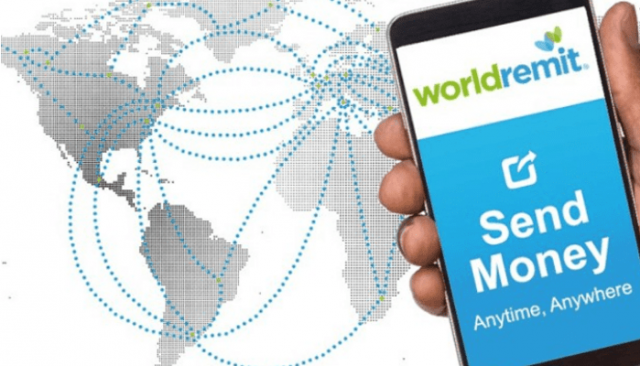By Gbenga Okejimi, Country Manager, Nigeria
THUR 27 JAN, 2022-theGBJournal- Access to quality education is a must for every individual regardless of their status in society. Besides creating a world of opportunities to live more prosperous lives, education has the potential to equip people with the skills and knowledge to make meaningful contributions to the development of society.
A skilled population can drive technological advancements for food security, environmental protection, improved health care, safer payments systems, connecting communities and, more importantly, advancing education in an ever changing world.
However, there are a myriad of barriers, relating to financial, cultural, gender, health and security factors, which continue to keep children out of school across the world. The outbreak of COVID-19 further exacerbated these challenges, driving massive disruptions that affected 1.6 billion learners across the world , especially children in under-served communities. Data made available by UNICEF places the number of out of school children in Nigeria at about 10.5 million .
The 2021 WorldRemit Back-to-School study revealed that among 10 countries, Nigeria was the most impacted by the disparity between average household income, fertility rate and the cost of education. The average household could expect to spend more than a full month’s income on basic seasonal education costs.
Apart from government spending, diaspora remittances are a huge source of development finance, part of which is invested by recipients to advance educational goals. Many families, friends and other members of communities have an education because of the money sent back home by the diaspora community.
WorldRemit’s international money transfer service continues to create a channel for the flow of remittances. The funds received from abroad provide an additional source of income that can be used to upgrade school resources like books and stationery. We saw how the outbreak of the pandemic fast tracked digital adoption across the board, and while many could not afford the technology required, diaspora remittances provided a lifeline for many to access the critical technology required to limit disruptions to their education. This will not only be relevant for the COVID-19 era but also for the future of education.
Reflecting on the profound effects of the pandemic on education, it is clear that all governments, institutions, organisations and citizens should prioritise educational security for all more than ever before.
There is an urgent need to deepen the resilience of our educational systems by sustaining the contributions of remittances and limiting disruptions to inflow from abroad. Additionally, as recommended by UNESCO, everyone needs to commit to a new social contract for education; delivering solutions that encourage people to uphold human rights and allow non-discriminatory access to education.
The ripple effect gained from an educated population and the role of diaspora remittances holds huge benefits for the world today and in the future. All hands must be on deck to ensure that we can continue reaping the rewards therein.
Twitter-@theGBJournal|Facebook-The Government and Business Journal|email: govandbusinessj@gmail.com|










